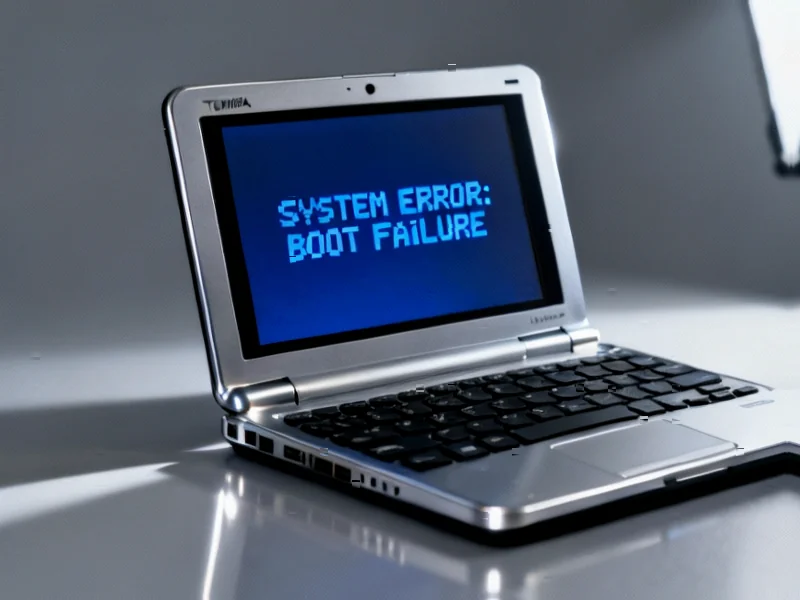A technology enthusiast’s attempt to revive a 2009 Toshiba netbook for modern use reveals significant compatibility and performance hurdles. The experiment demonstrates how outdated hardware struggles with today’s web browsing and software demands. Even with SSD and maximum RAM upgrades, the device proved inadequate for contemporary computing tasks.
The Netbook Experiment
A technology enthusiast recently attempted to use a 2009-era Toshiba netbook as a modern productivity machine, with results that sources indicate were predictably disappointing. According to reports, the experiment aimed to determine whether the compact, low-power devices that peaked in popularity during the early 2010s could still handle contemporary computing demands.







